Mattew M.
See all reviews
Start your AI Engineer career journey: Master Transformer Architecture and the Essentials of Modern AI
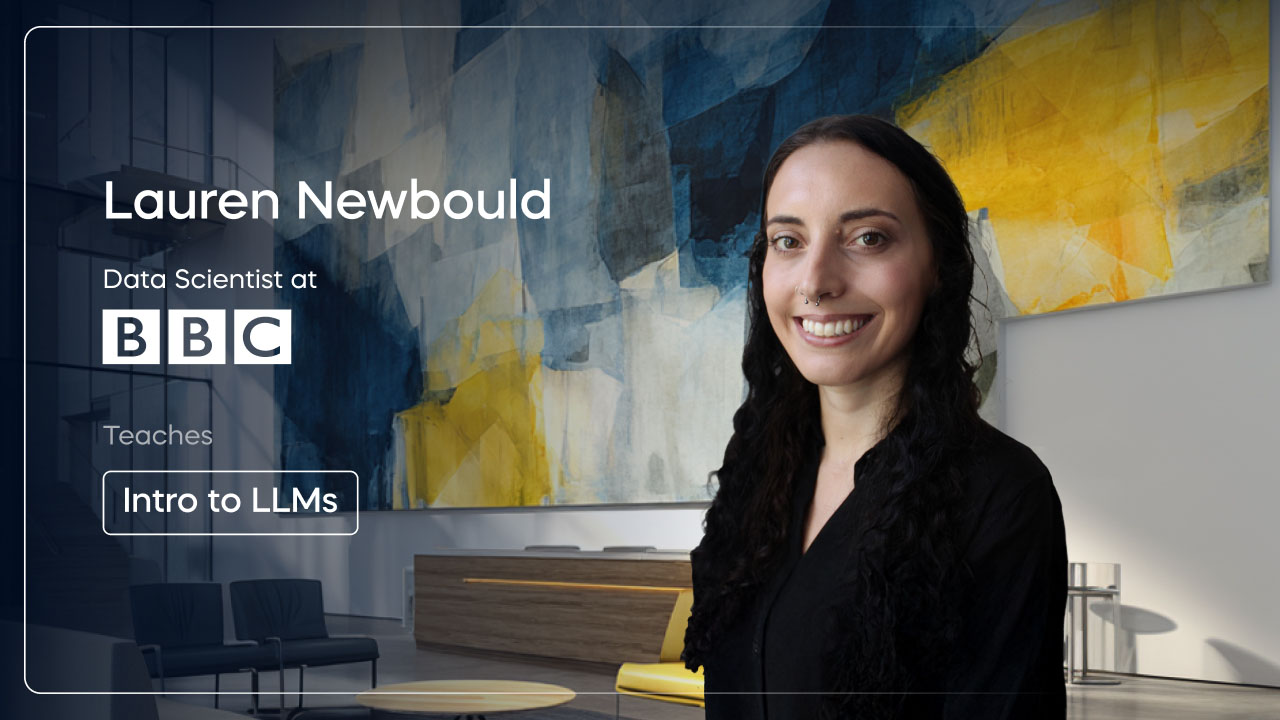




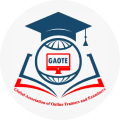
Skill level:
Duration:
CPE credits:
Accredited

Bringing real-world expertise from leading global companies
Master's degree, Social Research Methods & Statistics
Description
Curriculum
Free lessons

1.1 Introduction to the course
2 min
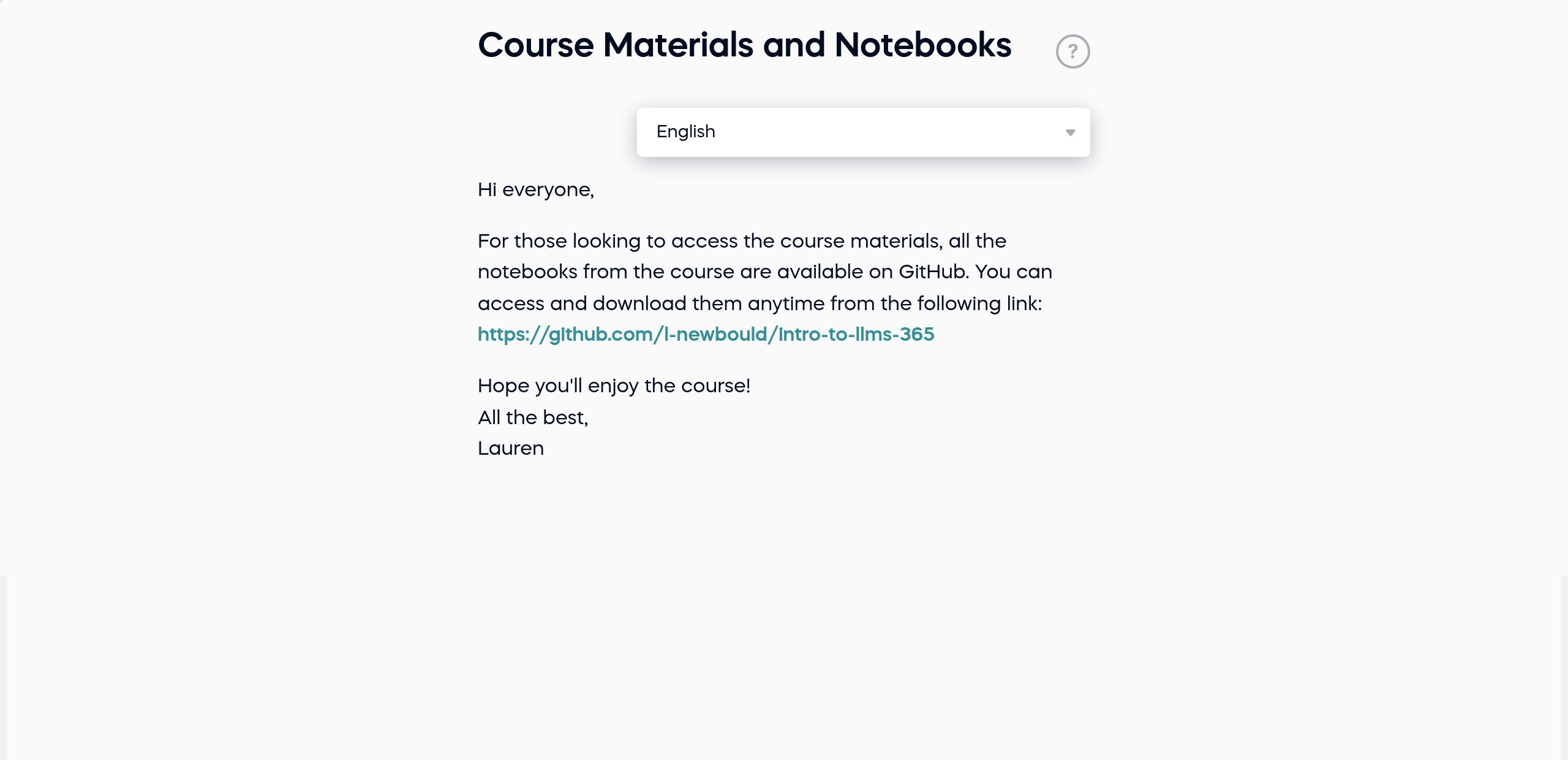
1.2 Course Materials and Notebooks
1 min

1.3 What are LLMs?
3 min

1.4 How large is an LLM?
3 min

1.5 General purpose models
1 min

1.6 Pre-training and fine tuning
3 min
96%
of our students recommend
#1 most reviewed
94%
of AI and data science graduates
successfully change
ACCREDITED certificates
Craft a resume and LinkedIn profile you’re proud of—featuring certificates recognized by leading global
institutions.
Earn CPE-accredited credentials that showcase your dedication, growth, and essential skills—the qualities
employers value most.





Certificates are included with the Self-study learning plan.
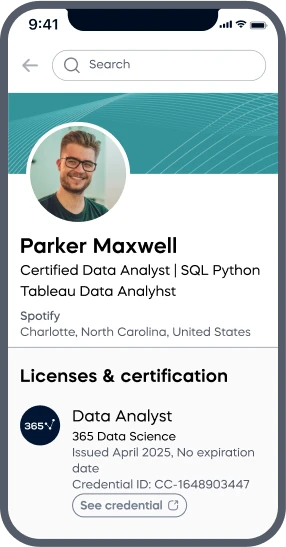
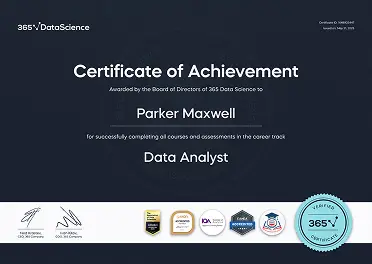
How it WORKS